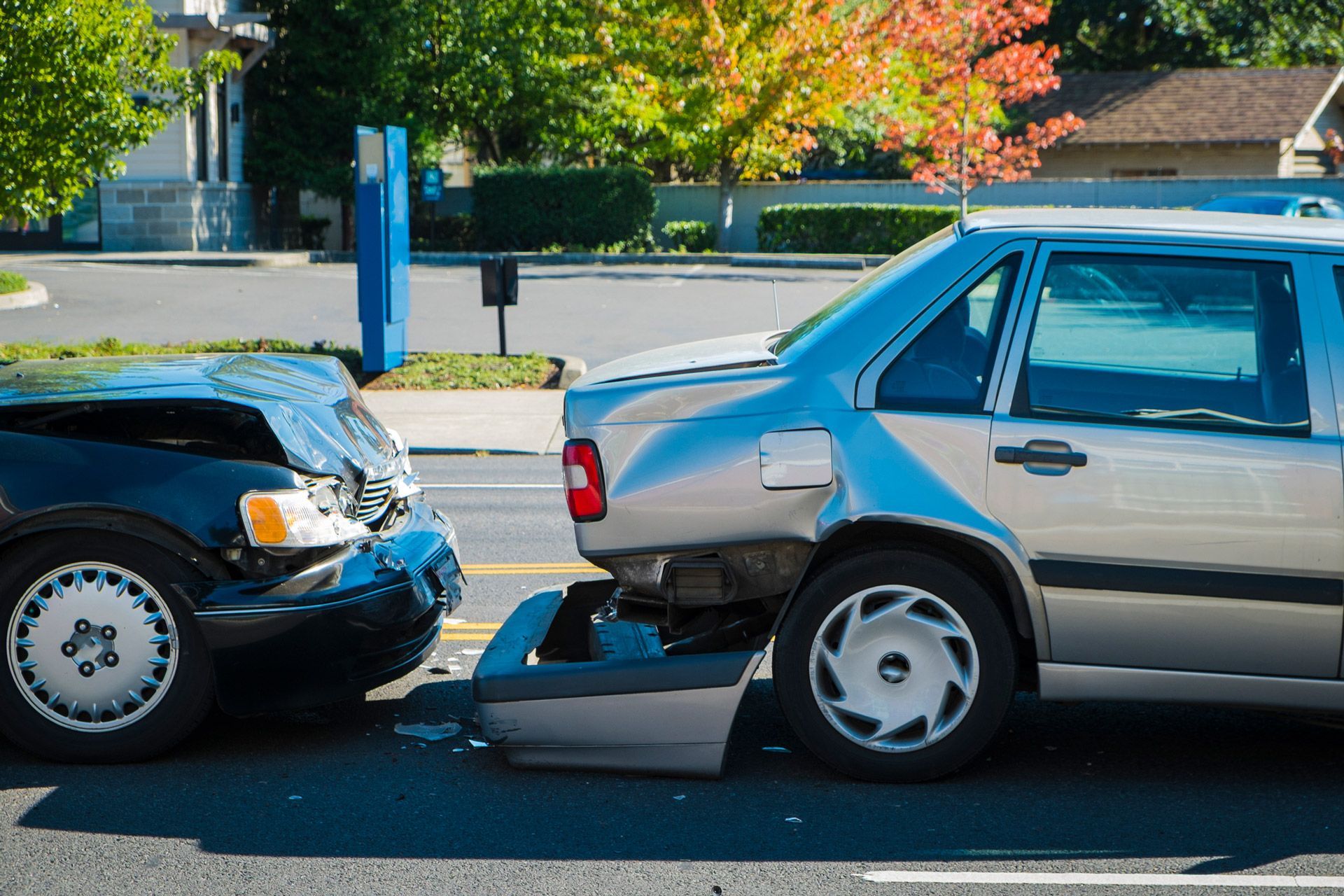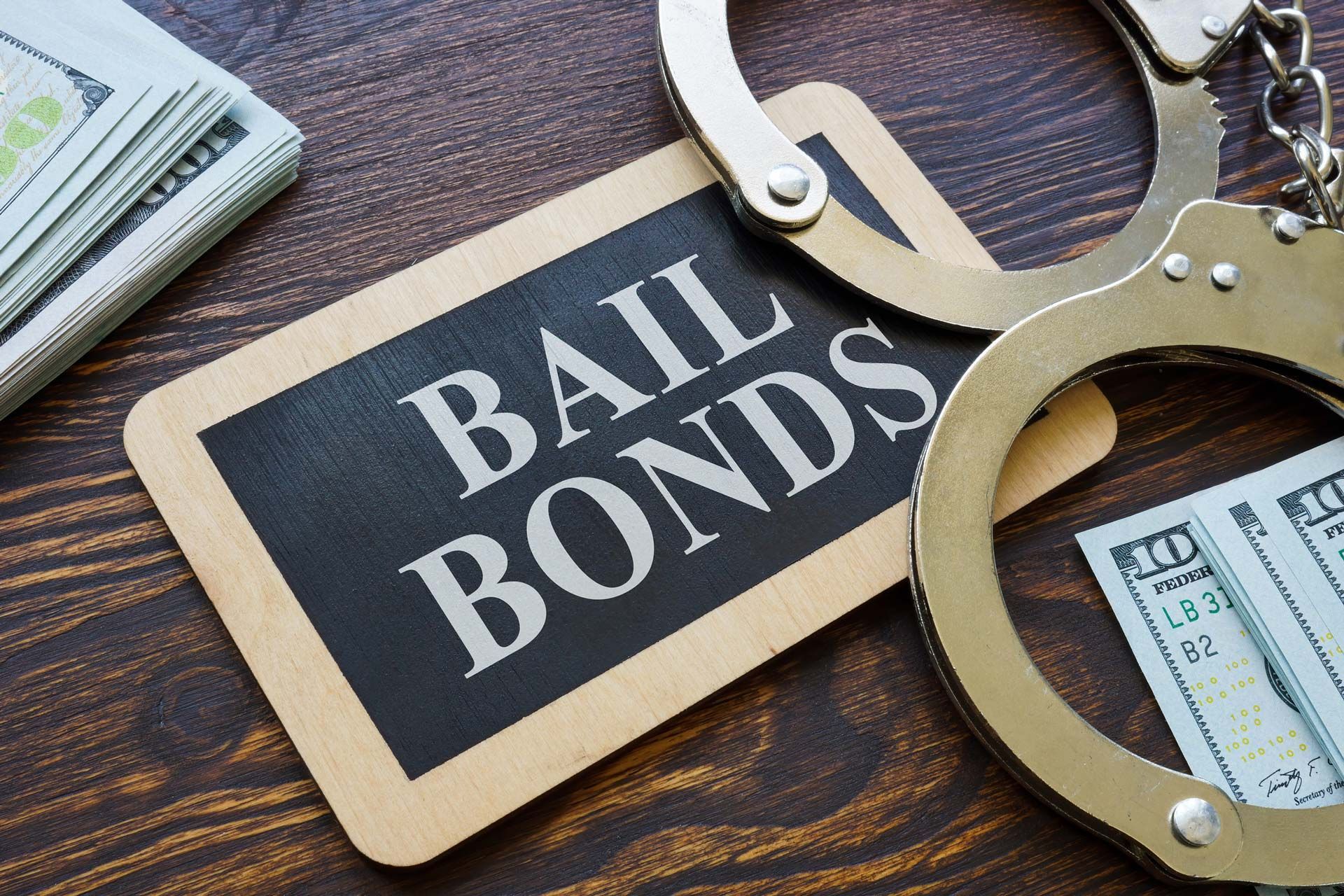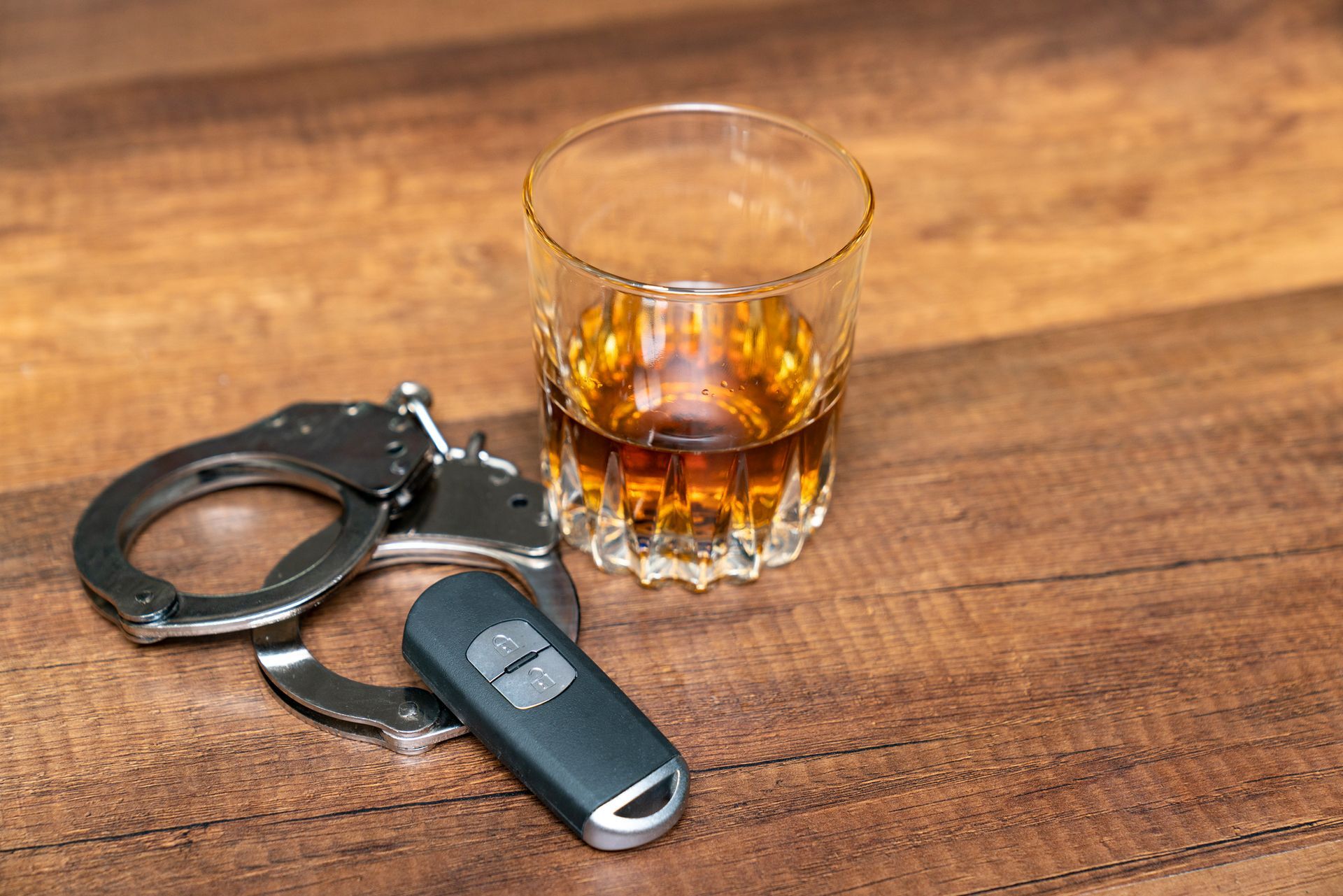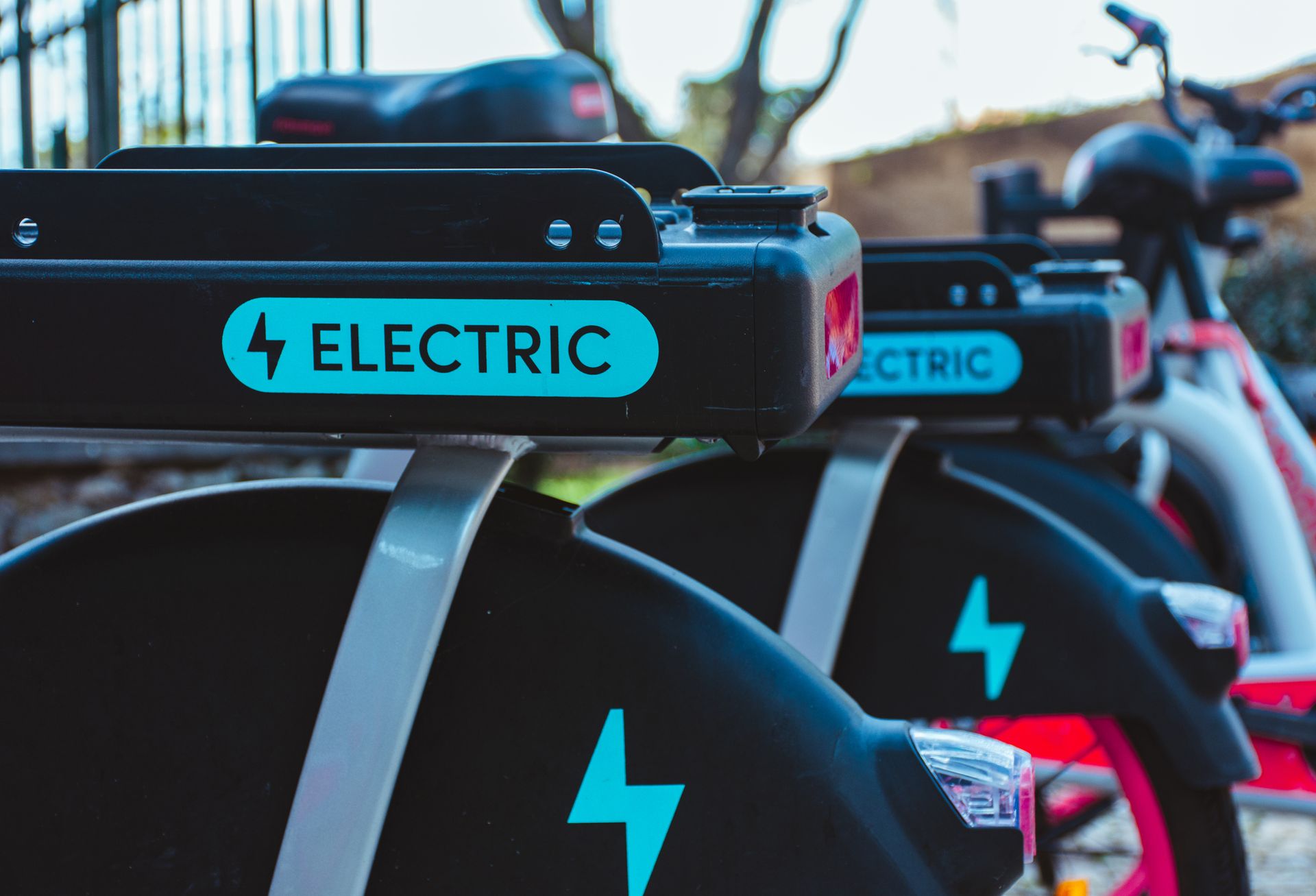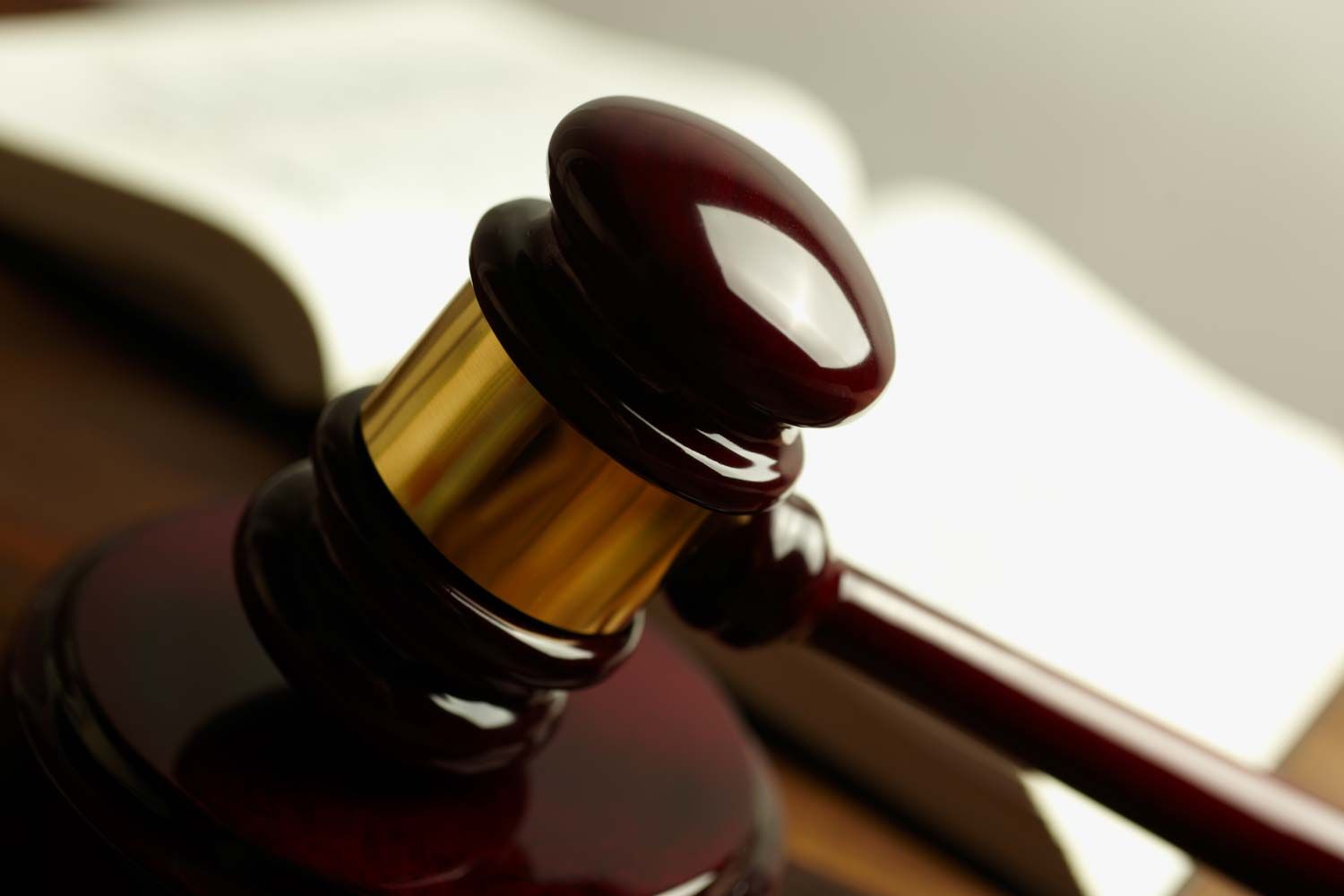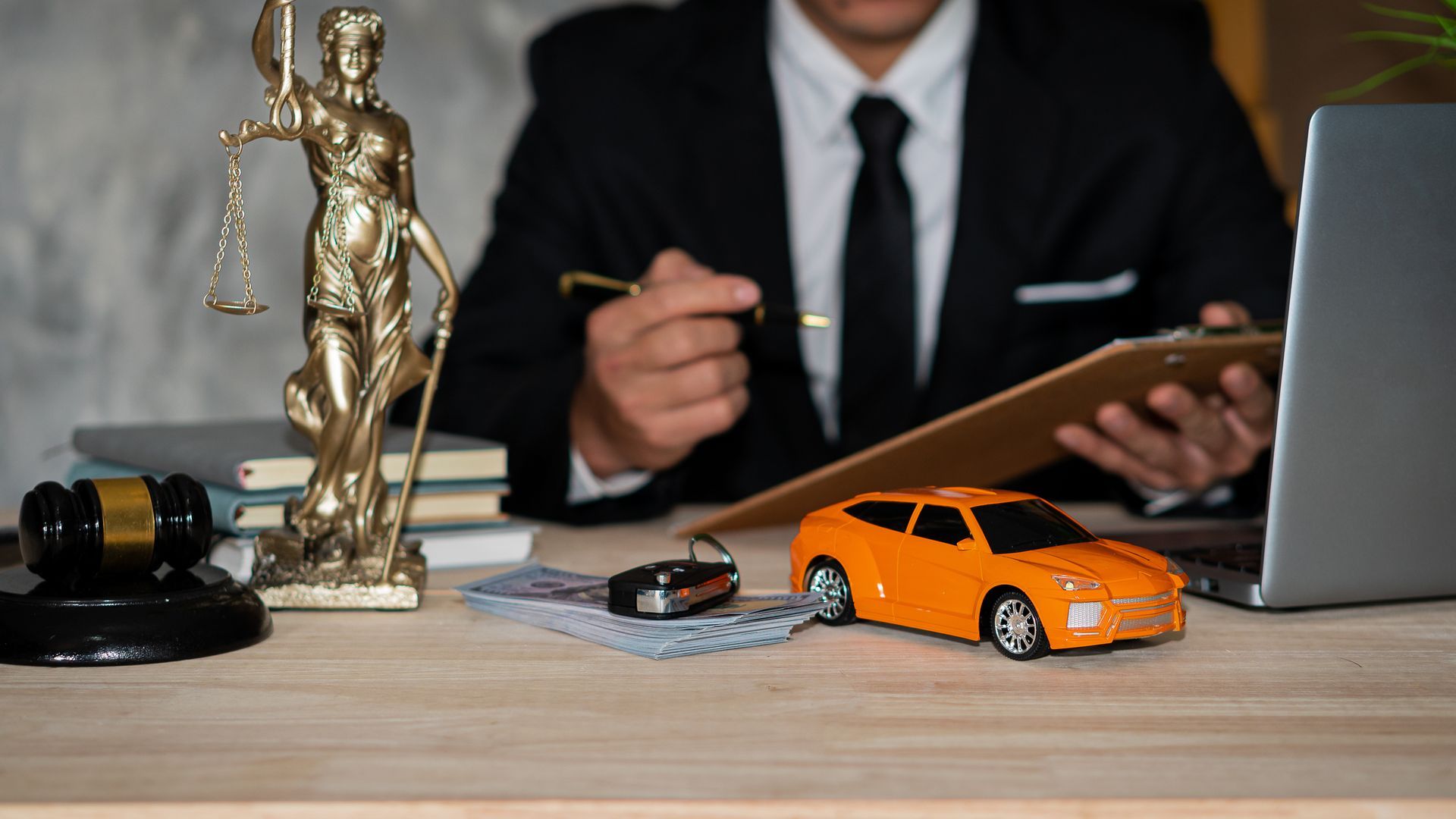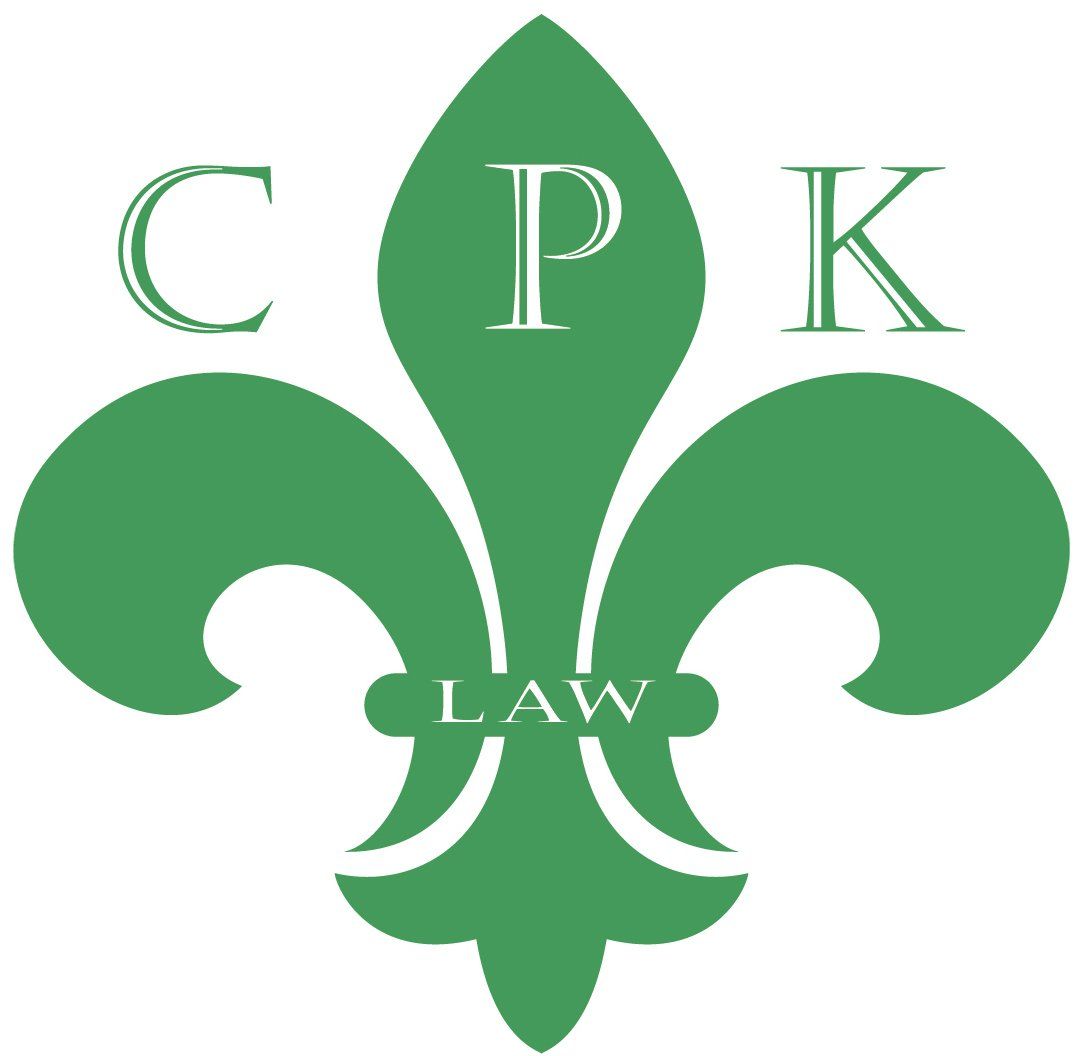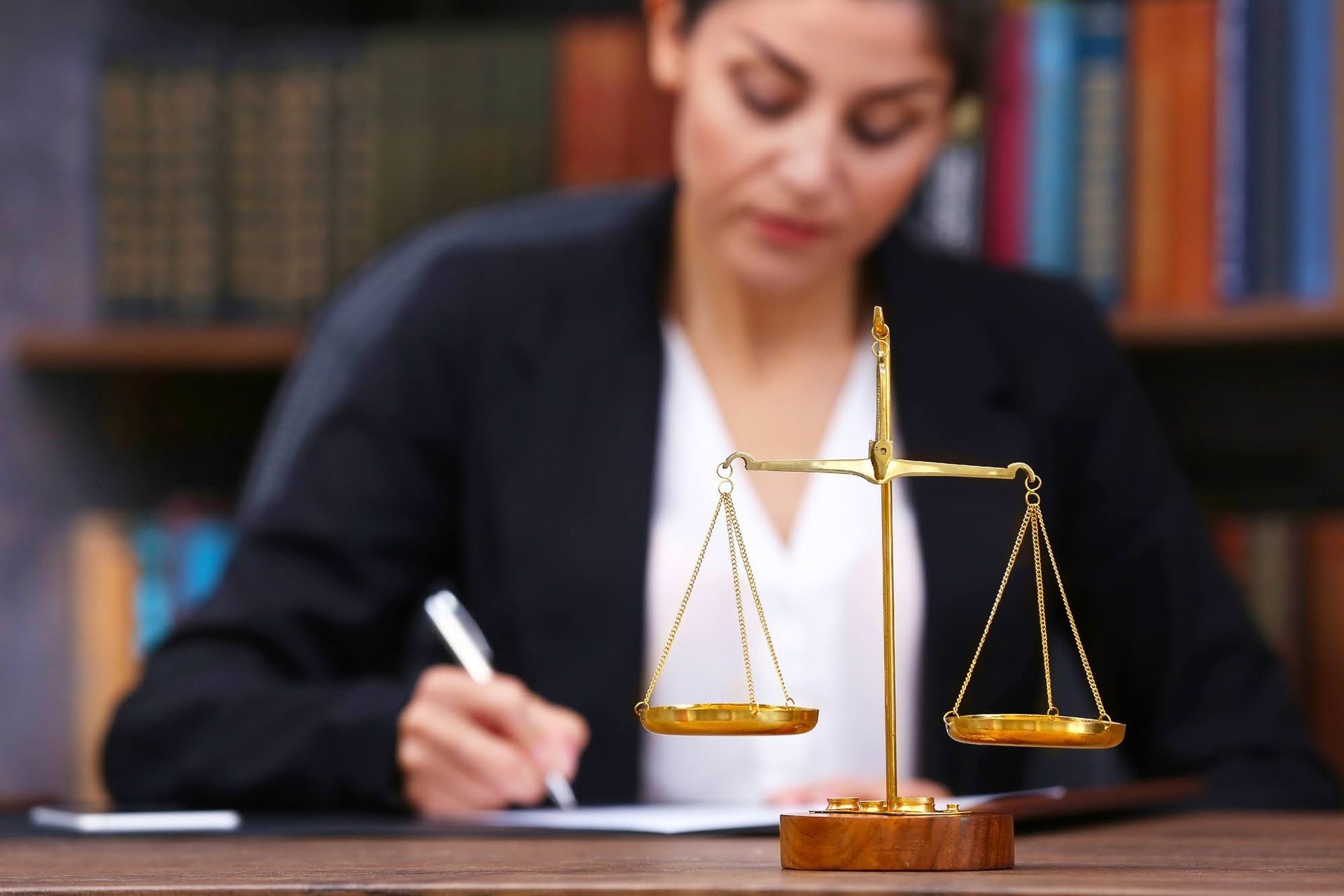7 Mistakes People Make After Car Accidents
In the aftermath of an accident, your actions might impact whether you receive compensation and how much the insurer awards you for your injuries. Discover seven mistakes to avoid after a car wreck below.
1. Not Calling the Police
A police report adds to the evidence in your personal injury claim. So, call the authorities if you are in a collision that results in injuries you will claim compensation for.
The reporting officer gives an account of what they believe caused the accident and identifies witnesses. If you aren't at fault, the police report helps your attorney negotiate for maximum compensation.
2. Not Gathering Evidence at the Scene
Visual evidence is undeniable, so take as much of it as possible after an accident. Use your smartphone to document the position of the vehicles, the extent of damage, and nearby road signs.
Photos of your injuries are also valuable in highlighting the physical toll the accident had on your body. Additionally, speak to present witnesses, note their versions of the car crash, and collect their names, telephone numbers, and addresses.
3. Not Seeking Medical Attention
The shock and adrenaline rush of a car wreck may lead you to underestimate the extent of your injuries. Sometimes, people assume they haven't been hurt if they can't see any external bruises. However, some injuries like whiplash and traumatic brain injuries may show symptoms days after the accident.
See a medical provider immediately after the collision, and let them conduct a thorough medical examination. This report helps your attorney seek maximum damages for current and future physical injuries. If you wait too long to see a doctor, the insurer may cast doubt over the cause of your injuries.
4. Admitting Fault
Many drivers apologize to the other party, thinking the accident was their fault. However, you can only know who was at fault if you have all the case facts. You may rush to say you are sorry, only for this to be used against you when you file for compensation.
When you talk to the other driver, only exchange contact information and don't speculate on the causes of the wreck. Also, don't blame the other driver, as the police and insurance companies should determine every party's liability.
5. Talking to Insurance Adjusters
Insurance adjusters might appear sympathetic and act as if they have your best interests at heart. However, the adjuster often approaches you to get information that could help them blame you for the collision. An insurance adjuster's main goal is to pay as little as possible for your injuries and trauma.
Avoid making any recorded or written statements. In most cases, you don't have to make a statement, regardless of what the insurance adjuster may say.
6. Settling for the First Offer
Often, people involved in accidents want to settle negotiations quickly so they can move on. However, rushing to settle your case means you likely accept an offer that doesn't fully compensate for your physical and psychological trauma.
Keep in mind that insurers want to pay you as little money as possible. By paying you quickly, an insurer protects themselves from complications that arise later on resulting from the accident. So, wait for the full extent of your injuries to be reviewed before you settle.
7. Not Hiring a Lawyer
Many people assume they can take on insurance claims by themselves, only to get lowballed by insurance adjusters and the insurer's attorneys. An attorney follows the legal procedures on time, organizes evidence to support your case, finds a compensation value, and negotiates with the insurer's legal team. As a result, you get compensation for your medical bills, property damage, emotional trauma, and lost wages.
Our legal experts at Craig P. Kenny & Associates will prevent you from making costly mistakes that harm your case. Contact us today for an expert evaluation of your car accident claim.
